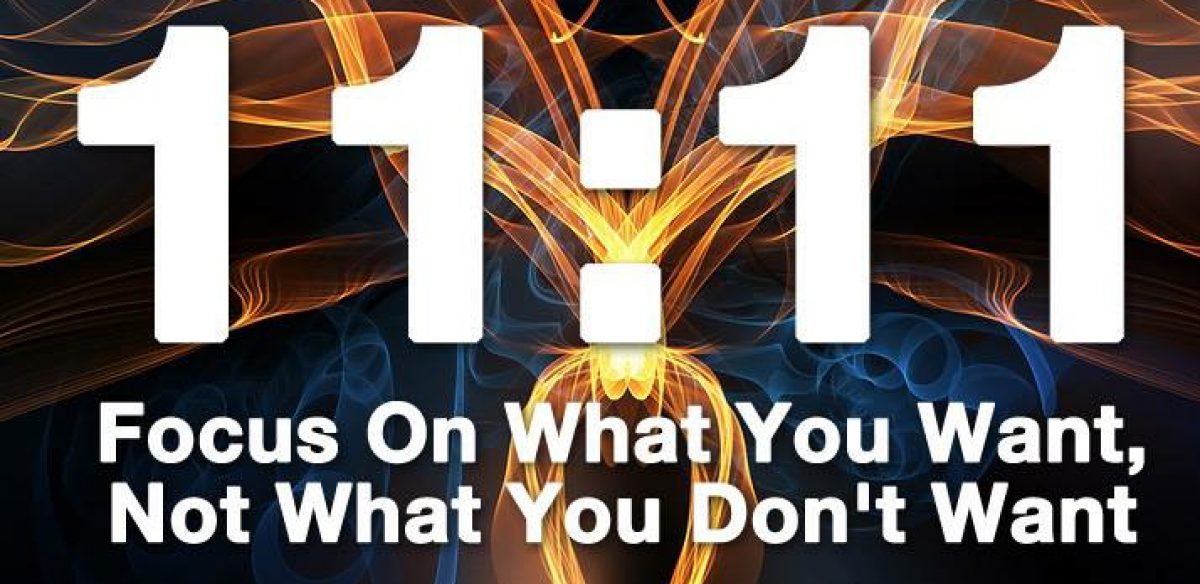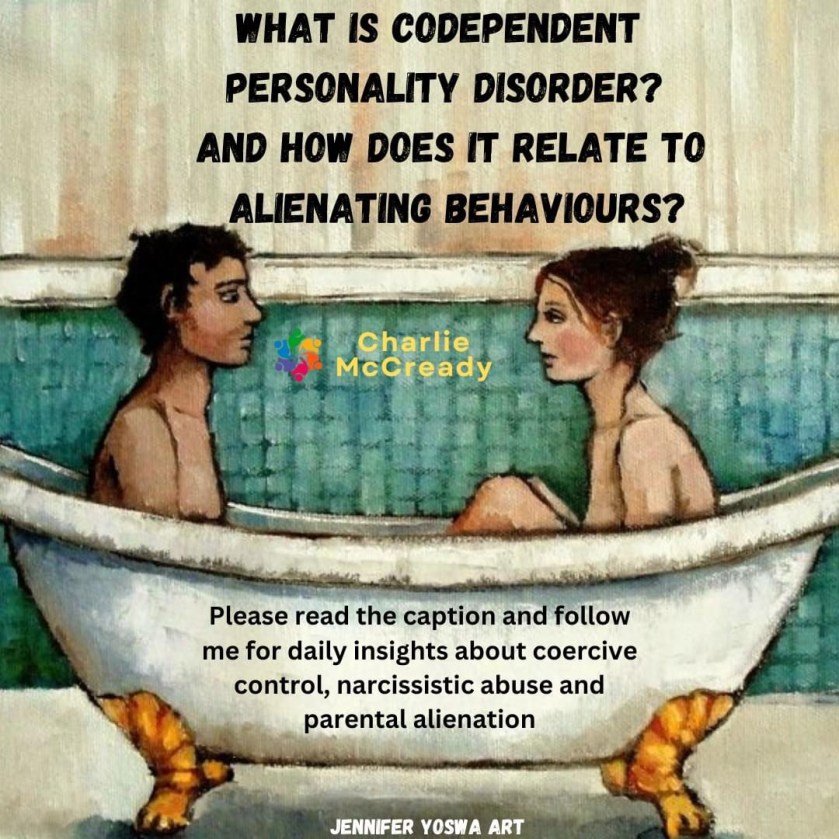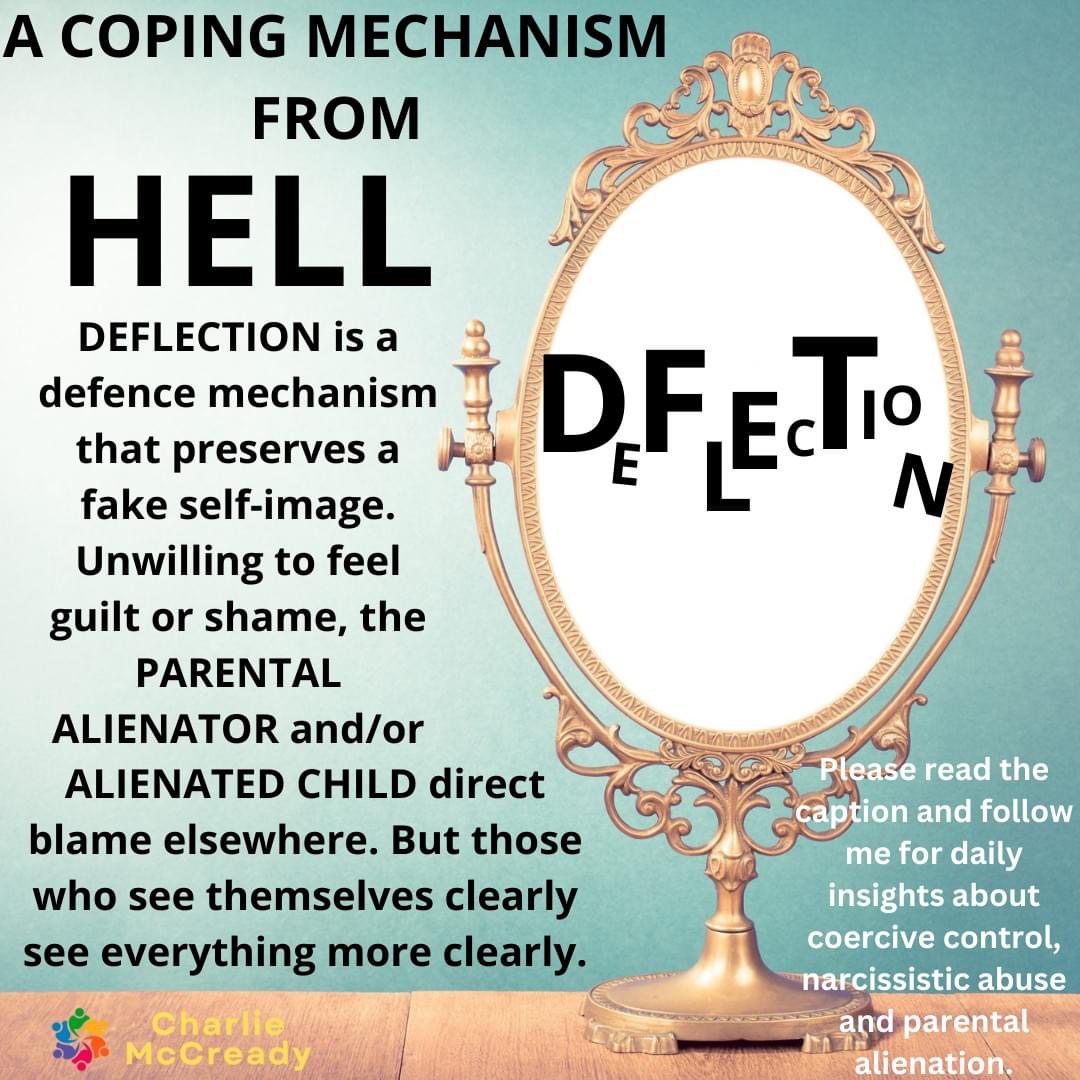In a previous post, ‘Hindsight is a wonderful thing,’ I received some thought-provoking comments to the question, ‘What alienating behaviours did you not realise would cause so much trouble later?’ Over the years, I’ve encountered numerous accounts of astonishing behaviour from alienating parents—actions they believed they could perpetrate without consequences and, unfortunately, often with some ‘success’. ‘Parental alienation’ is anything but ordinary, mentally healthy parenting. Sometimes/often, we’ve been provoked into responding to the trauma/damage inflicted on us/our children in ways we wouldn’t have done in ordinary circumstances. A natural response in this unnatural parenting situation can be turned against us.
I myself saw some red flag warnings. Prior to my divorce, any sign of my apparent ‘rebellion’ or the setting of boundaries was met with the constant threat that the children would be taken away to live in another country and I’d never see them again. After the divorce, everything was done to prevent me from continuing to have a close relationship with my children, and in fact, I was told on several occasions when I asked to see them, “What children? You’ve got no f**king children, you moron!”
Here are a few comments received in the previous post about warning signs we might have overlooked or missed (for various reasons): “My ex never had a good relationship with his own family.” Some received “the silent treatment.” “There was a “lack of any long-term friendships … and her jealousy of mine.” “He was not a giving, generous, empathetic, caring person, and I chose to ignore that – BIG MISTAKE.” One commenter expressed concerns about their ex-partner’s mental health before having a kid and said, “… my ex moved out, and (the child) lived with me for five years – when he turned 14, she cut me out of the picture … I recently texted my son, saying, ‘Great job on your progress report. Proud of you. Love you.’ My ex took me to court over it.”
In ‘inverted hierarchy’, when there’s a coalition of the child and allied (alienating) parent against the ‘other’ (target/alienated) parent, the child becomes empowered to judge and punish any and all perceived failures and misdeeds. The alienated child is primed and programmed, and it’s almost in their interest to find justification for the situation they find themselves in (the sacrifice they’re making) and the ‘shared persecutory delusions’ with their ‘favoured’ parent. Unfortunately, it can be all too easy for our reactions and behaviours to be criticised and found ‘guilty’. What might otherwise be deemed natural responses to a hugely challenging, upsetting situation can unwittingly aid the alienating parent. We can be triggered. We’ve had our scars picked; our wounds kicked, and any unhealed parts of ourselves exposed and used against us. This makes it all the harder because we also beat ourselves up. So everyone is beating us up, including ourselves!
It’s not you. It’s a pathology of disordered parenting. Remember to self-care and be kind to yourself each and every day.
#charliemccready #parentalalienationcoach #9StepProgram #parentalienationischildabuse #parentalalienationawareness #parentalalienationisreal #parentalalienation #parentalalienationisacrime #highconflictcoparenting #coparentingwithanarcissist #coparenting #highconflictdivorce #divorce #familylaw #familycourt #childabuse #narcissisticfather #narcissisticmother #narcissisticparent #narcissisticabuseawareness #narcissisticabuserecovery #narcissisticabusesurvivor #narcissism #narcissistic #narcissismawareness #narcissists #narcissistsurvivor #narcissisticpersonalitydisorder #alienatedchild #alienatedparent #alienatedfather #alienatedmother







